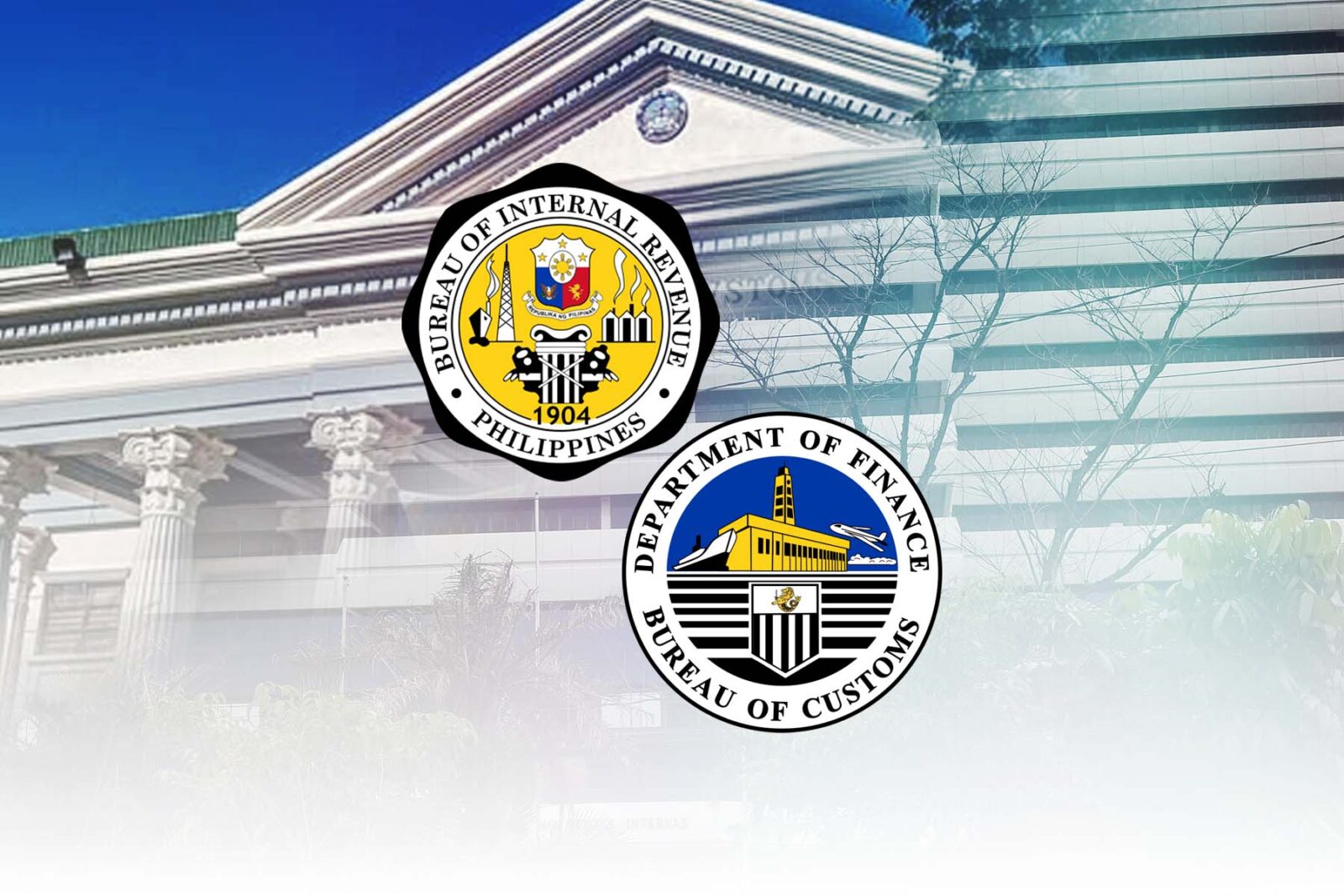BIR, Customs revenues up 12% in June to P278B

The combined tax revenues of the government’s two main collecting agencies posted a double-digit growth in June, auguring well for the “gradual” fiscal consolidation of the Marcos administration.
Citing preliminary data, Finance Secretary Ralph Recto said the combined receipts of the Bureau of Internal Revenue (BIR) and the Bureau of Customs (BOC) amounted to P277.6 billion, up by 12 percent year-on-year.
Broken down, the BIR collected P200.52 billion, thanks to receipts from value-added tax (VAT), excise tax and corporate income tax. This represented a 16-percent increase from a year ago.
The BOC, meanwhile, raked in P77.04 billion from import duties, VAT on inbound shipments and excise taxes, among other fees. This marked a 3-percent growth, as Customs collections remain under pressure from lower tariffs on imported rice and battery-powered electric vehicles.
Recto said the BOC may miss its target revenues this year, as the government is unlikely to raise the tariffs on imported rice anytime soon. But he added that nontax revenues could make up for those losses.
Program
The finance chief earlier said the financing program of the government would increase to about P2.6 trillion, from the previous target of P2.55 trillion, to bankroll its higher budget deficit ceiling. This was a result of the downward revision to the state’s revenue target amid external headwinds weighing on the economy.
Last month, the interagency Development Budget Coordination Committee (DBCC) raised the budget deficit limit for 2025 to 5.5 percent of gross domestic product (GDP) from the previous ratio of 5.3 percent. The revision was triggered by the downward adjustment to the revenue goal to P4.52 trillion from P4.64 trillion before.
Recto had explained that the “0.2 [percentage point] increase [in the deficit-to-GDP ratio] is roughly equivalent to P50 billion” in additional borrowings.
Policymakers typically peg the revenue target of the government to the projected performance of the economy. The DBCC also lowered the official GDP growth target range for 2025 to between 5.5 percent and 6.5 percent, from the previous band of 6 percent to 8 percent, due to “heightened global uncertainties.”
Observers like Japanese investment bank Nomura had said the latest tweaks to the fiscal program showed how difficult it was to contain the budget deficit without new reforms that could boost revenues.





















